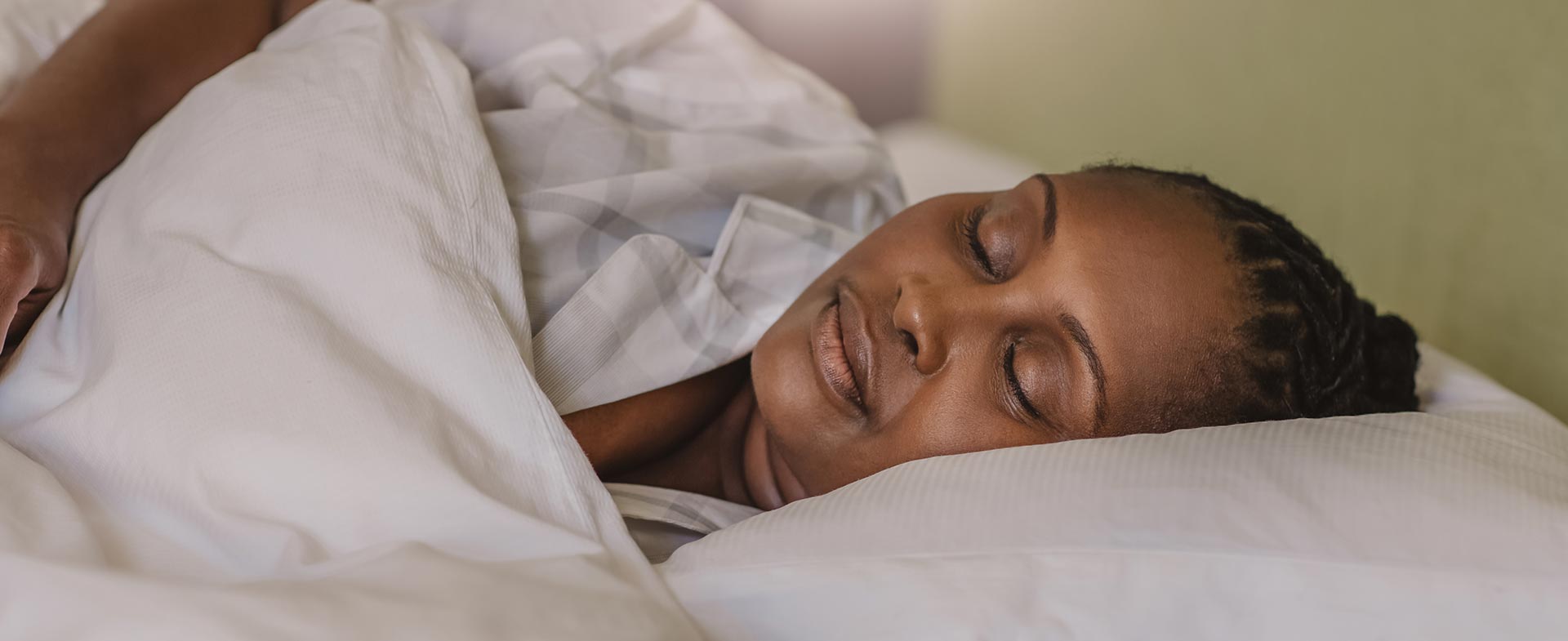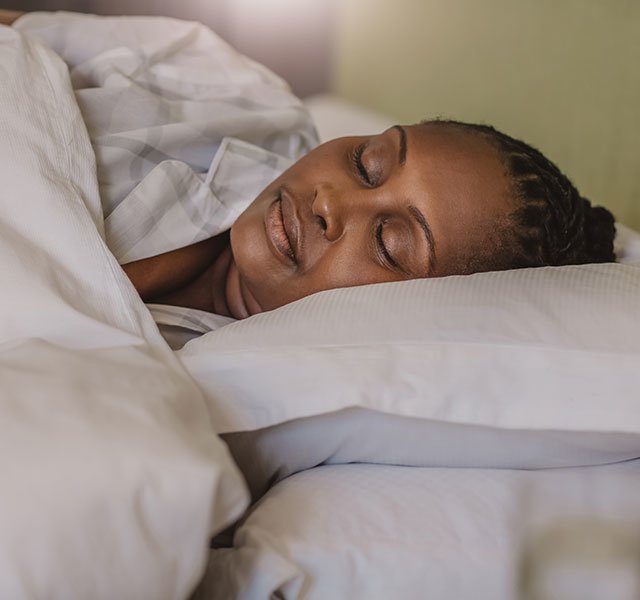With a new year underway, getting sufficient shut-eye may be more important than ever. Many people lost sleep in 2020 due to stress, anxiety and COVID-19 concerns. Yet, high-quality sleep is a key part of a healthy lifestyle. It can even help bolster your immune system to fight infections like cold, flu and COVID-19.
"Sleep helps us achieve good physical and mental health," says Luisa Bazan, M.D., a sleep medicine specialist at Henry Ford Health. "When we get sufficient sleep, we're more productive at work and school, we have better quality of life, and we're generally happier."
What To Do — And What To Avoid — For Better Sleep
Since it's clear getting sufficient sleep is important, how do we get more of it? How do we do it better? Unfortunately, getting adequate shut-eye isn't always easy. We're often not even aware of the sleep saboteurs lurking in our environment.
The good news: There are things you can do — and things you shouldn’t do — to sleep easier at night.
What To Do To Get A Good Night's Sleep
- Practice good sleep hygiene. Sleep hygiene is a term that describes patterns of behavior that influence sleep. It includes things like waking up and going to bed at the same time every day (even on weekends), sleeping in a room that is cool, dark and quiet, and taking time to unwind with a soothing routine before bed.
- Talk to your doctor. A variety of health conditions can interfere with sleep. In addition to sleep disorders and mood disorders, other health problems such as high blood pressure, asthma and heart failure can make sleep difficult. "The more disorders and pathologies we have, the more our sleep is disturbed," Dr. Bazan says. Managing these conditions with medication and lifestyle changes can improve your sleep, too.
- Beware of medications. Medications can wreak havoc on your sleep patterns. Diuretics, steroids, antidepressants and inhalers are just a few culprits. If you think medication is affecting your sleep, your doctor may be able to prescribe and recommend alternatives.
What To Avoid At Bedtime
- Electronic devices. Electronic devices like laptops and cell phones emit blue light, which can interfere with your ability to fall asleep. Scrolling through social media feeds and reading news stories is also mentally stimulating and can keep your brain humming come snooze time. Your best bet: Set a technology curfew and shut down all devices at least one hour before you turn in. Better yet, keep electronic devices out of the bedroom. Use your phone as an alarm? Place it on the dresser across the room, not the nightstand.
- Alcohol and caffeine. Resist the urge to sip alcohol or caffeine-containing drinks close to bedtime. "Alcohol may be relaxing initially, but it ultimately interferes with restful sleep," Dr. Bazan says. Caffeine? It can stay in your system longer than you think. In fact, coffee can produce stimulating effects for up to seven hours after you sip.
- Excessive exercise. While moderate exercise early in the day can help promote sleep, too much exercise later in the day can make sleep difficult. "It's best to exercise at least three hours before bedtime," Dr. Bazan says. "Exercising late at night can delay sleep onset because your body temperature needs time to drop before you fall asleep."
Achieve More Restful Sleep
If we're lucky, we're sleeping for about a third of our life. "Good sleep hygiene can improve your health and quality of life, not just in the moment, but for years down the line," Dr. Bazan says.
Just a few of the perks of better sleep:
- Increased productivity
- Better immune function
- Improved mood
Between coronavirus concerns, changing school and work schedules, and changing stay-at-home orders, quieting your mind to sleep can be more difficult. "Unfortunately, stress, anxiety and depression and insomnia feed on each other," Dr. Bazan says. "That's why it's especially important to protect our sleep during tumultuous times."
To find a doctor or sleep specialist at Henry Ford, visit henryford.com or call 1-800-HENRYFORD (436-7936).
Dr. Luisa Bazan is a sleep medicine specialist who sees patients at Henry Ford Medical Center - New Center One in Detroit.



